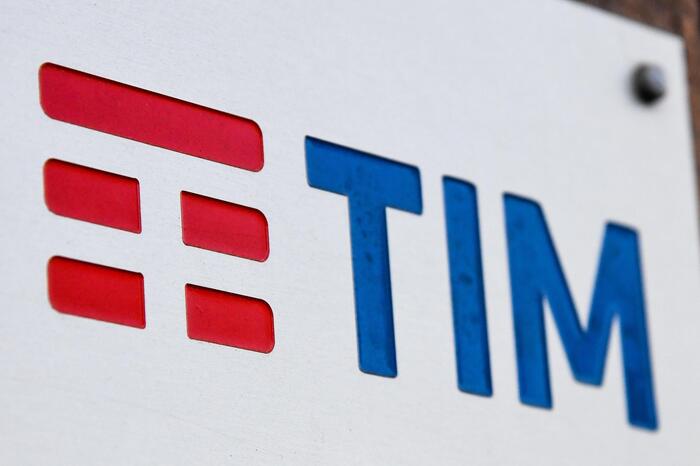Enlarge image
Construction work on the Opal pipeline in Lubmin (archive photo): dispute lasting for years
Photo: Sean Gallup / Getty Images
Germany has to show solidarity in the energy supply - and has been dismissed with legal remedies at the European Court of Justice (ECJ). The judges in Luxembourg ruled that the EU Commission should not have approved changes to the conditions of use for the German Opal natural gas pipeline without examining the effects on Poland's security of supply. A corresponding approval decision is therefore null and void. The judges emphasized the principle of »energy solidarity«, according to which the European states must provide each other with assistance in terms of energy supply.
The Baltic Sea pipeline connection line (Opal) leads from the entry point of the Baltic Sea pipeline Nord Stream 1 in Greifswald to the Czech Republic.
The Russian energy company Gazprom had requested a change in the terms of use for Opal in order to better utilize Nord Stream 1.
The Federal Network Agency complied, and the EU Commission approved the changes in October 2016.
Poland fears that as a result, less gas will flow through competing pipelines such as the Yamal that runs through Poland.
In addition to economic issues, this would also jeopardize the security of supply in Poland.
The changes would therefore violate the EU principle of energy solidarity.
The court of first instance of the European Union upheld Poland's complaint in 2019.
Germany appealed against this to the ECJ;
energy solidarity is merely a political goal from which no specific rights and obligations can be derived.
The ECJ now clearly contradicted this.
Solidarity is a "fundamental principle of Union law".
For energy, this is anchored separately in the EU basic agreement.
From this and from the principle of sincere cooperation it follows that the member states must "respect and support one another".
"Since the principle of solidarity underlies all the objectives of the Union's energy policy, nothing allows the assumption that this principle does not produce any binding legal effects," emphasized the Luxembourg judges.
Rather, this includes "rights and obligations both for the Union and for the Member States".
These are not limited to crises such as terrorist attacks or natural disasters, but also include security of supply for the individual countries.
This means that the EU Commission must also examine and take into account the interests of other member states before changing the common rules for natural gas pipelines.
Because it failed to do this at Opal, the approval is void, ruled the ECJ.
File number: C-848/19 P
mic / AFP







